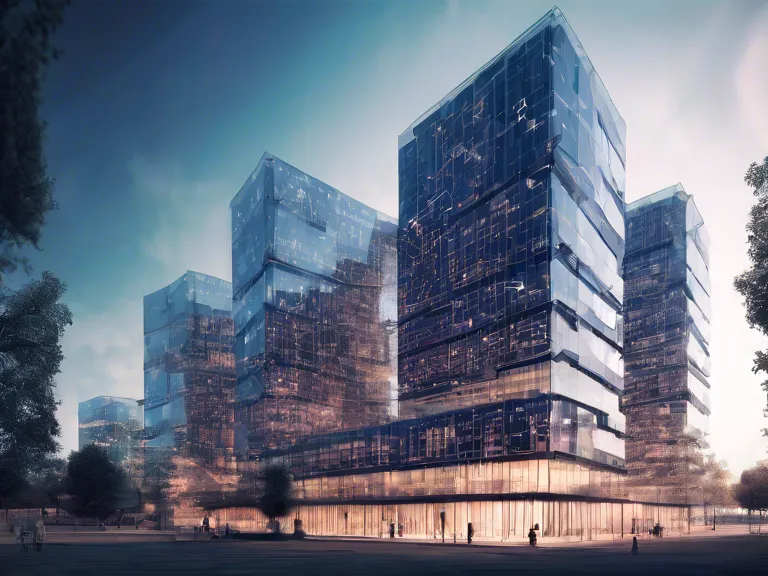
In today's rapidly evolving world, data science continues to be at the forefront of transformative technologies. As we look to the future, some key trends are shaping the field of data science and influencing scientific and architectural industries. From advanced machine learning algorithms to innovative data visualization techniques, the future of data science is set to revolutionize how we approach data analysis and decision-making.
One of the most prominent trends impacting data science is the widespread adoption of artificial intelligence (AI) and machine learning. These technologies enable data scientists to develop complex algorithms that can analyze vast amounts of data and uncover valuable insights. As AI continues to advance, we can expect to see even more sophisticated models that can predict outcomes and detect patterns with greater accuracy.
Another trend that is shaping the future of data science is the increasing focus on ethical considerations. With the growing concerns around data privacy and bias in algorithms, data scientists are now more mindful of developing ethical frameworks for data collection and analysis. This trend is particularly important in scientific fields where data integrity is crucial for making informed decisions.
Furthermore, the integration of data science with architecture is opening up new possibilities for designing smarter and more sustainable buildings. By analyzing data on energy consumption, occupancy patterns, and environmental factors, architects can create buildings that are not only aesthetically pleasing but also energy-efficient and environmentally friendly. This trend is revolutionizing the field of architecture and paving the way for more sustainable urban environments.
In conclusion, the future of data science looks bright with advancements in AI, ethical considerations, and the integration of data science with architecture. By staying ahead of these trends, data scientists and architects can harness the power of data to drive innovation and create a better future for all.



